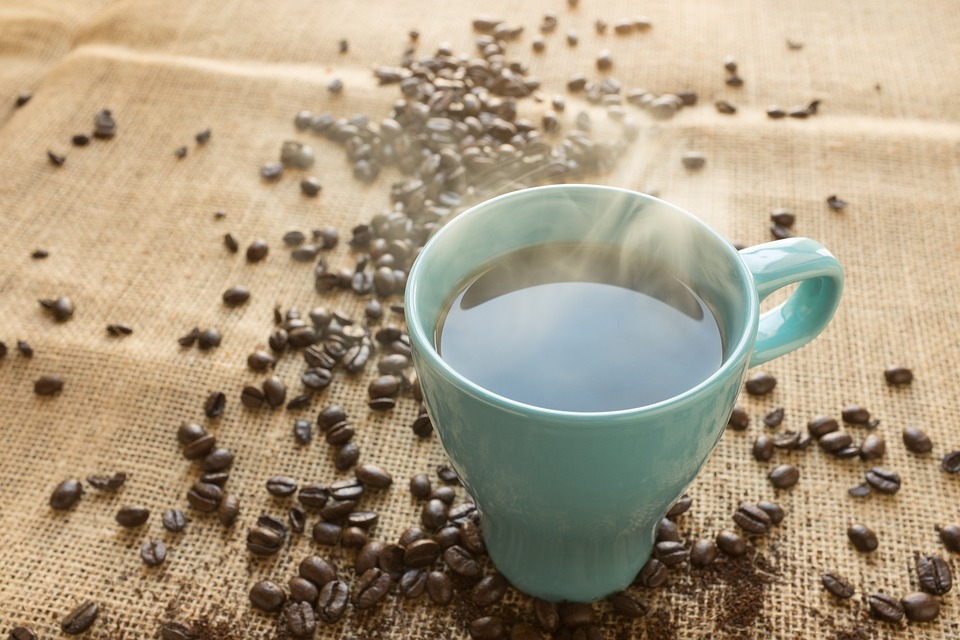Known for their complex flavors and smoothness, Arabica beans are the most widely consumed and highly regarded coffee beans in the world. Arabica beans have a long-standing reputation for their exceptional quality, making them a favorite among coffee connoisseurs. In this article, we will delve into the fascinating world of Arabica beans, exploring their origins, cultivation, and the reasons behind their unparalleled popularity.
Origins and Cultivation:
Arabica beans, scientifically known as Coffea arabica, originated in the high-altitude regions of Ethiopia, specifically the forests of the southwestern part of the country. These beans were first discovered and cultivated over a thousand years ago, and they have since spread across the globe, becoming the primary species of coffee produced and consumed worldwide.
Arabica plants thrive in temperate climates with temperatures ranging from 60 to 70 degrees Fahrenheit (15-24 degrees Celsius). They require specific conditions to grow, such as rich, well-drained soil and moderate rainfall. The shade-grown variety is particularly prized, as it benefits from the protection of taller trees and conditions that retain soil moisture and nutrients, resulting in superior flavor development. Such sustainable practices have gained popularity in recent years, as they support both the environment and the livelihoods of coffee growers.
Flavor Profile:
One of the distinguishing features of Arabica beans is their complex flavor profile. They offer a wide range of taste notes including floral, fruity, and sometimes even nutty undertones. The flavors can vary depending on the region where the beans were grown, the altitude, and the processing methods employed. Arabica beans have a generally milder and smoother taste compared to their Robusta counterparts, with lower acidity and bitterness. This makes them a preferred choice for those seeking a balanced and delightful coffee experience.
Superior Quality and Roasting:
Arabica beans are known for their exceptional quality and are often associated with specialty coffee. They have a higher sugar content compared to Robusta beans, which contributes to their desirable taste characteristics. These beans go through rigorous quality control measures during the harvesting and processing stages to ensure that only the best ones make it to the market.
Roasting plays a critical role in bringing out the full potential of Arabica beans. Lighter roasts preserve the beans’ natural flavors, while darker roasts introduce caramelization and fuller-bodied, intense flavors. The choice of roasting method ultimately comes down to personal preference. However, it is generally recommended to avoid over-roasting Arabica beans to prevent the loss of nuanced flavors and subtleties that this variety is known for.
Frequently Asked Questions:
1. Are Arabica beans more expensive than Robusta beans?
Yes, Arabica beans are usually more expensive than Robusta beans. This is due to Arabica plants requiring specific growing conditions and being more susceptible to diseases, resulting in lower yields.
2. Can Arabica beans be used in espresso machines?
Yes, Arabica beans are widely used in espresso machines. Their complex flavors and low bitterness make them a preferred choice for those seeking a smoother and more enjoyable espresso experience.
3. Are all Arabica beans organic?
No, not all Arabica beans are organic. While organic Arabica beans are available, the term refers to the farming methods used, not the coffee species. Organic certification ensures that the beans were grown without the use of synthetic fertilizers, pesticides, or genetic modification.
4. How should I store Arabica beans to maintain freshness?
To preserve the freshness of Arabica beans, it is essential to store them in airtight containers away from direct sunlight, moisture, and strong odors. Additionally, grinding the beans just before brewing will help maintain their flavor and aroma.
5. Do Arabica beans contain more caffeine than Robusta beans?
No, Arabica beans contain less caffeine than Robusta beans. On average, Arabica beans contain about 1-1.5% caffeine, while Robusta beans contain 2-2.7%. However, the caffeine content can vary depending on factors such as the variety and roast level.
In conclusion, Arabica beans have rightfully earned their place as the most sought-after coffee beans worldwide. Their complex flavors, smoothness, and superior quality have captivated coffee lovers for centuries. Whether you prefer a delicate floral note or a rich chocolatey taste, Arabica beans offer an exquisite coffee experience that is unrivaled by other coffee varieties. So next time you savor a cup of coffee, take a moment to appreciate the artistry and dedication that goes into crafting that perfect Arabica brew.
